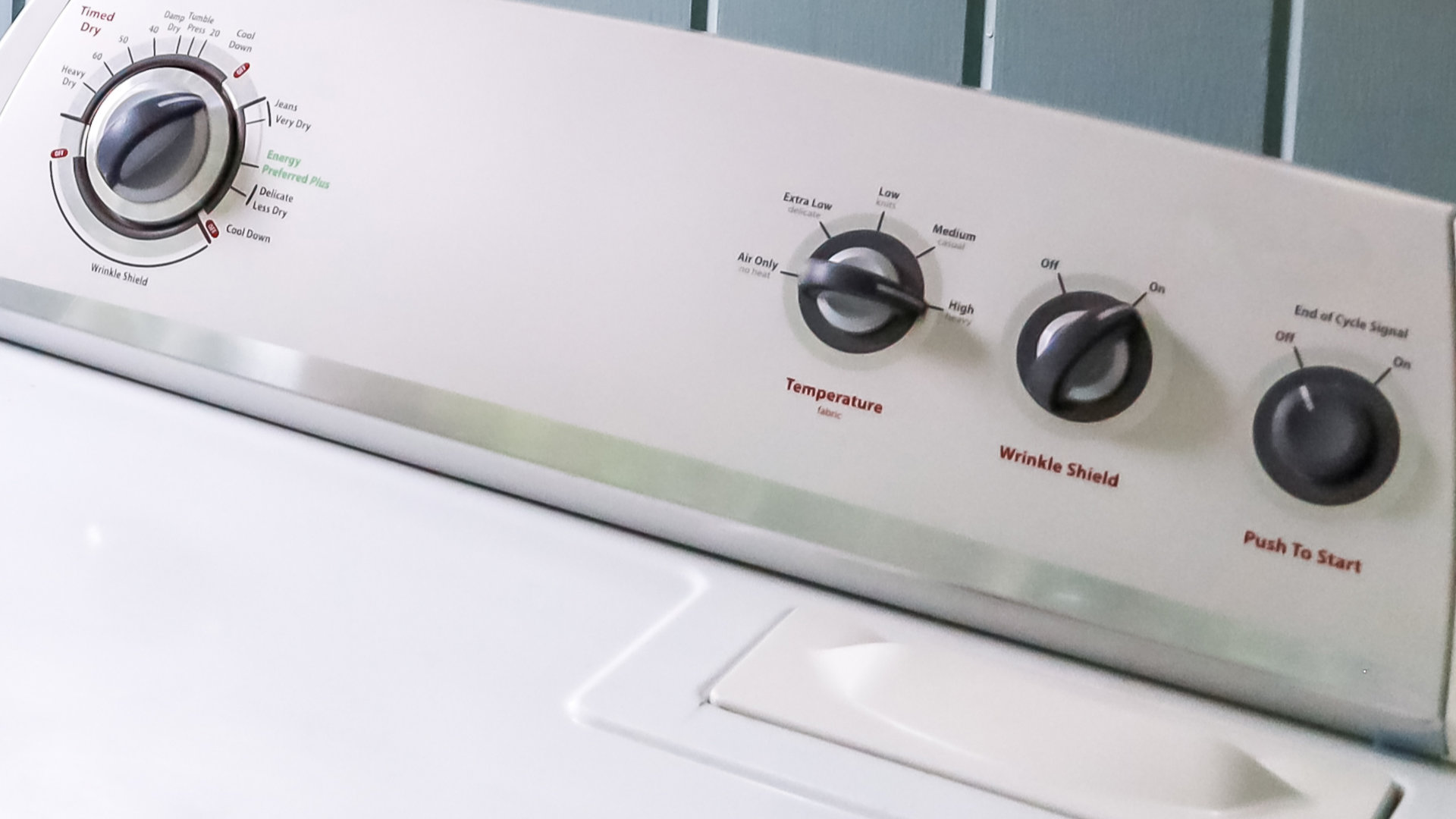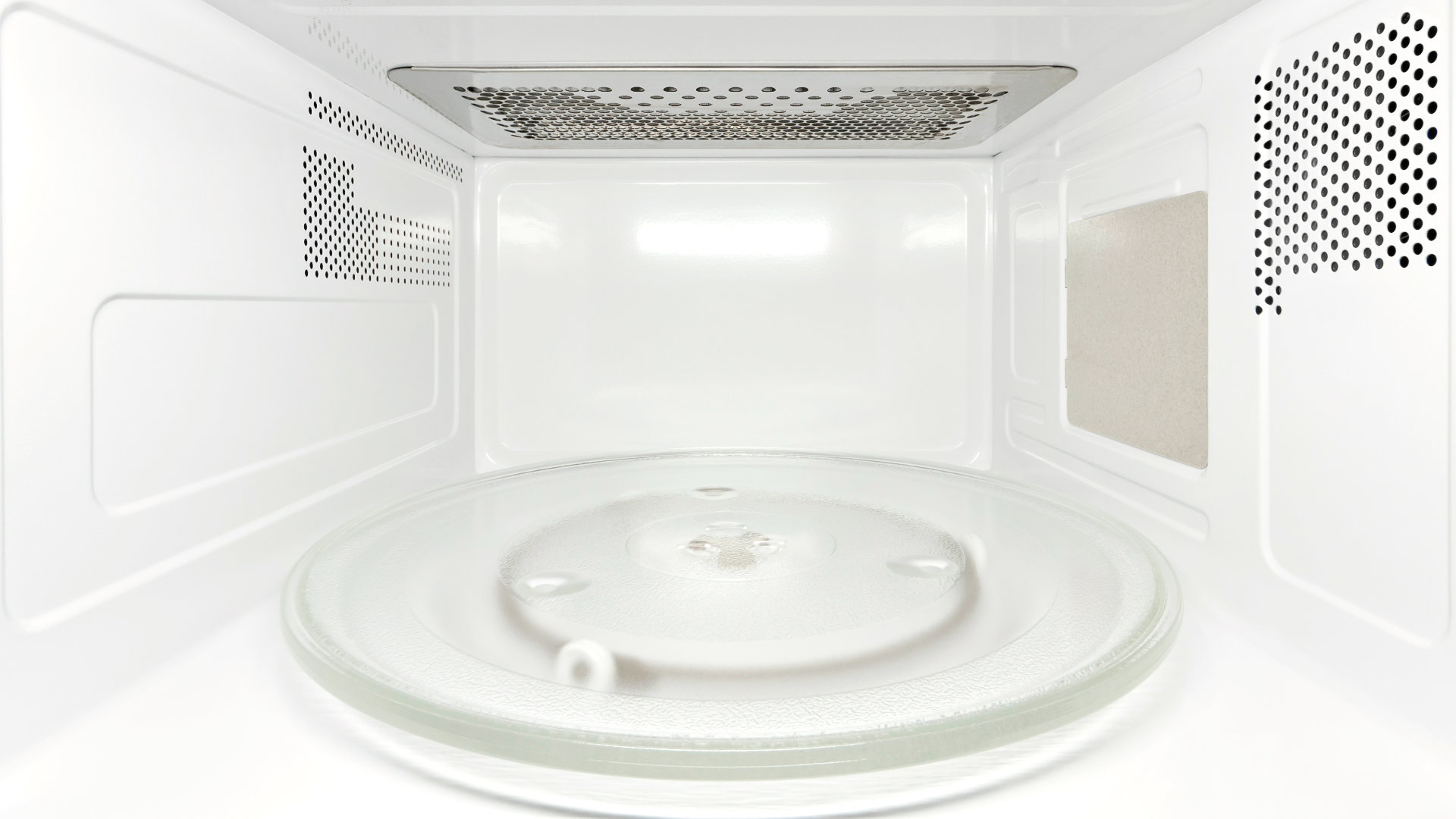
During normal use, you can expect your microwave to make a light humming or buzzing noise as it produces heat waves that will turn cold food into hot food. However, if this buzzing grows much louder, turns into a grinding noise, or even starts to make noise when the microwave is not even in use, it can be worrying. You should know what your microwave sounds like during its regular use. If you are hearing noises that are out of this normal, then this is not a good sign and should be addressed as soon as possible. However, some noises can be a more serious issue than others. If your microwave is making odd noises, here is what could be going wrong.
Take Note Before Attempting a Microwave Repair
Unlike other appliances that are rendered safe to disassemble and poke around in after disconnecting the power, a microwave – even when unplugged – can still hold a lethal charge in its capacitors. It is strongly advised to leave microwave repair to the professionals because of this. Before attempting any repair yourself, you will need to discharge the stored electricity from the capacitors for your own safety. One accidental bump can mean a serious injury and caution needs to be taken.
Microwave Door
Has your microwave started to produce a rattling noise or has increased in its vibration noises? It could be that the door on your microwave has become loose. If it is still running then it is just loose enough to create noise, but not yet loose enough to not trigger the door lock and the door switches. If the switches are not triggered, then the microwave would simply not turn on.
If you place your hand on your microwave door and feel light wiggling or the noise stops, this is likely the cause. You will want to look into replacing any missing or worn spacers. The cause could also be that the hinges are starting to come loose, in which case, they can be tightened up. However, you may want to consider replacing them as if they have come loose once, they are more likely to come loose again even after tightening them up.
Turntable
When your microwave is making an odd noise, in many cases it can be as simple as a turntable issue. If you took the microwave plate out to clean it, for example, it may not have been put back in the correct position. Much of the time, a misaligned turntable will manifest itself in a rhythmic thumping or clicking as the motor will attempt to turn it. However, if the turntable motor is the issue opposed to the actual turntable plate, you may notice that it makes more of a grinding noise before it ultimately stops functioning when the motor burns out completely.
The turntable motor is replaced by removing the exterior cover of the microwave and removing the motor on the bottom of the microwave. In some models, you may need to remove the coupler that attaches to the driveshaft before you can fully remove the motor.
Hood Exhaust Fan
If your microwave is installed above your stove, then it can manifest noise via the hood exhaust. This is necessary for venting smoke and other exhaust released from both your range and microwave. However, if you notice your microwave is humming much louder than normal, it could be caused by the hood exhaust fan. To test this, try running your microwave with the hood exhaust fan set to OFF. If the noise no longer persists, then the hood fan was the problem. It could be this fan needs a replacement or something as simple as the fan needs lubrication to end the noise. Unfortunately, checking can often mean quite a bit of disassembly to your microwave depending on how deep it is integrated.
Microwave Fan
If your microwave is not mounted over the stove and thus does not function as a range fan as well, it still comes with a fan. The microwave fan can become bent, worn, or just come loose. However, instead of a louder humming, typically you will notice more of a rattling noise. It can also manifest some squeaking noises is it starts to rust out. If this is the case, you will want to replace the fan rather than try to fix it.
Magnetron
If the humming is much louder than normal or your microwave has started to manifest a high pitch sort of noise, it is possible that the magnetron is going faulty. The magnetron is responsible for producing the heat that cooks your food. There are two potential big problems with a magnetron going faulty, however. First, the magnetron can be a part that is dangerous to replace since it plays such a crucial role. While the capacitors hold the lethal charge, replacing the magnetron involves working very close to them. If the charge was not properly discharged, you are playing a dangerous game. The second is that a replacement magnetron can actually cost quite a bit. If your microwave is old and wasn’t too expensive to begin with, it may be more cost-effective and safer to just replace the appliance if the magnetron turns out to be responsible.
Stirrer Motor
The stirrer is the part that takes the heat produced by the magnetron and directs it towards the center of the microwave where your food is. If the stirrer motor has gone faulty, you may notice that it manifests a grinding noise that comes more so from one side of your microwave than the other. If the stirrer motor is having problems, then it is also distinctly possible that it is not functioning correctly. So if you believe the stirrer motor is manifesting that noise, it may also be causing spots that are too cold or too hot in your microwave. Cold spots are frustrating, but spots that are too hot can be dangerous. If you notice sparking or burning in the microwave tub, you will want to discontinue use until you can get the stirrer motor replaced.

How to Reset a Whirlpool Refrigerator Ice Maker
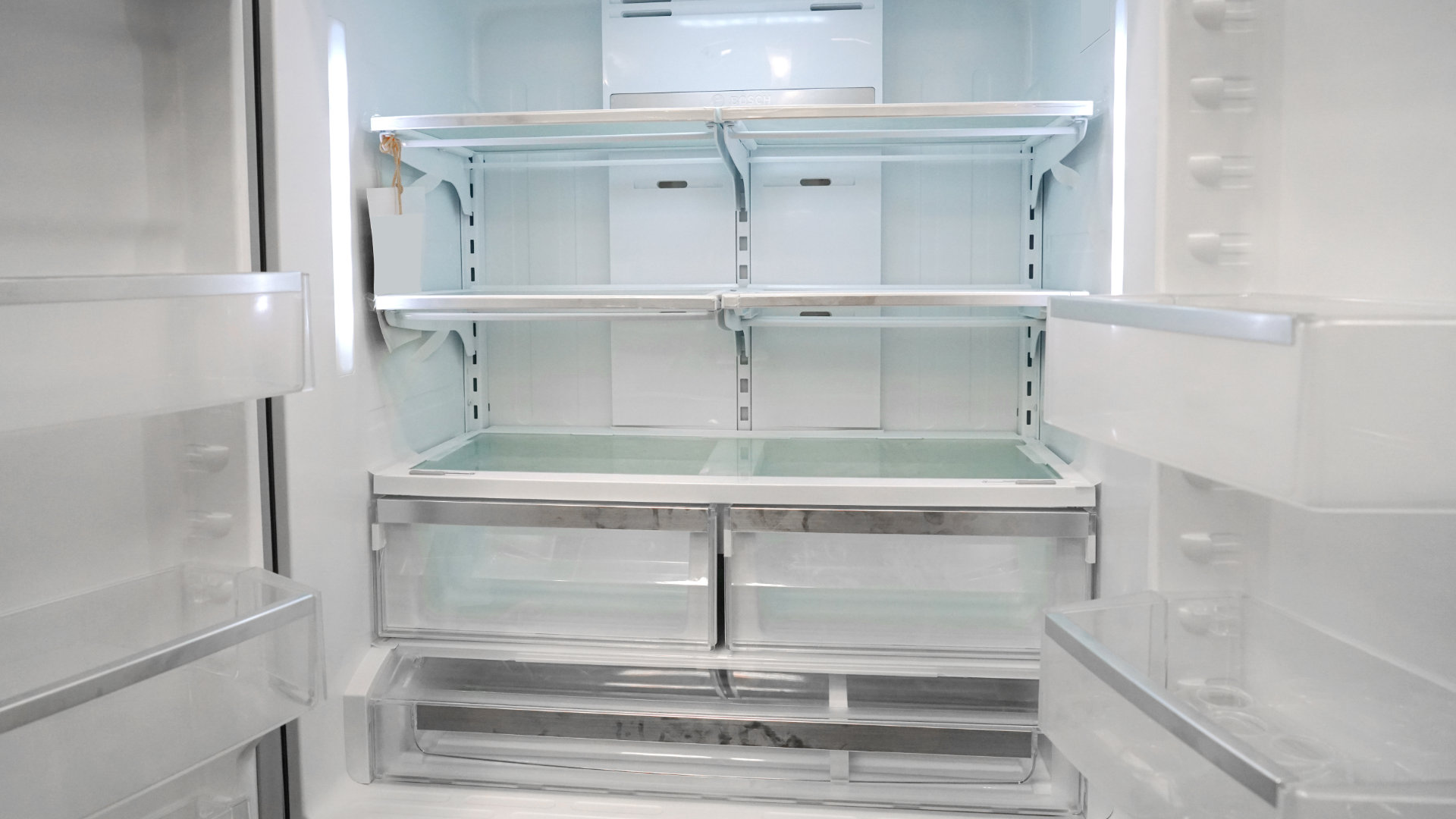
6 Reasons Your LG Refrigerator Is Not Making Ice

Kenmore Fridge Ice Maker Not Working? 5 Ways to Fix It

How to Remove Fish Smell from Your Refrigerator
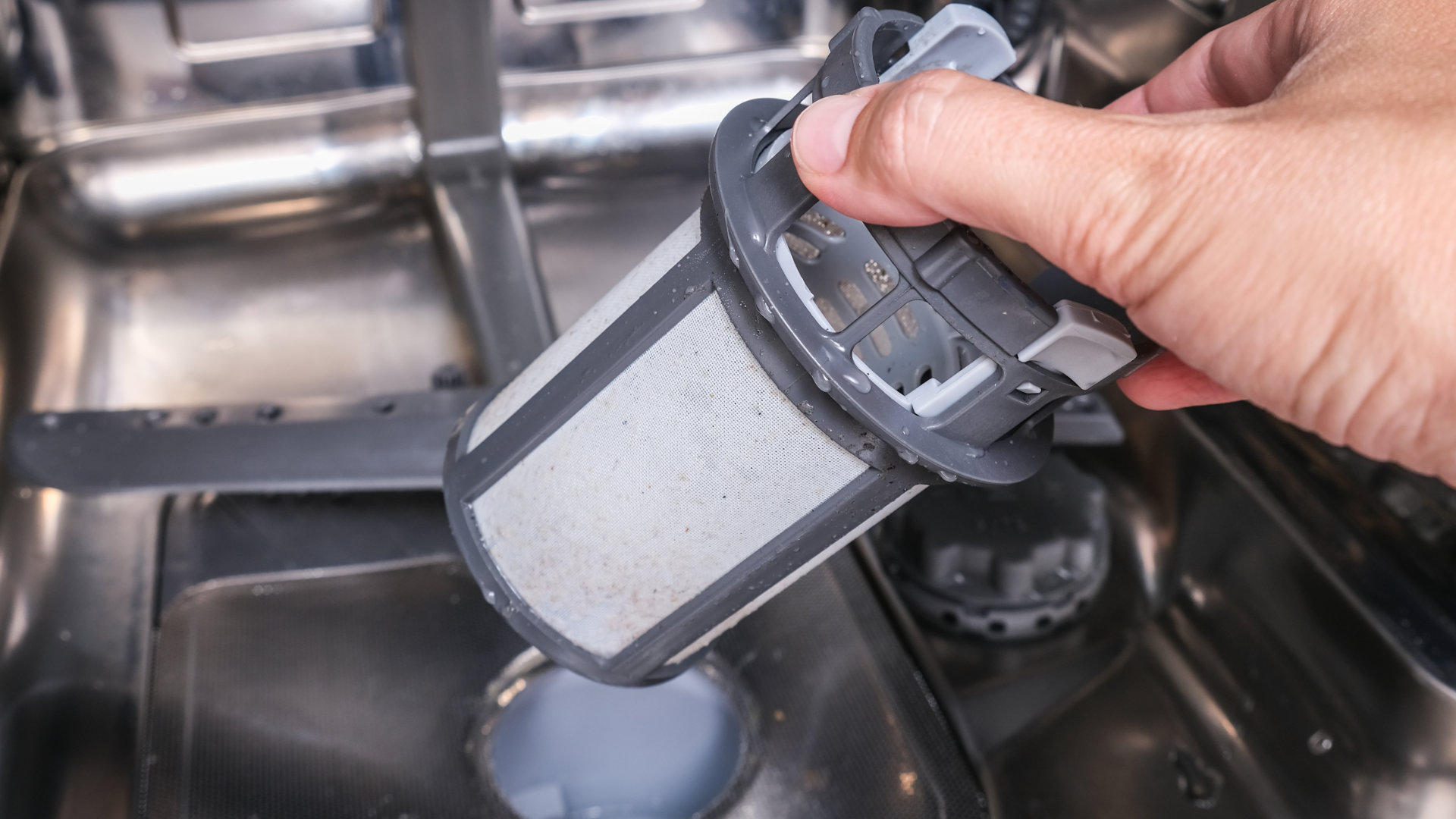
How To Fix Bosch Dishwasher E24 Error

Troubleshooting a Whirlpool Dishwasher Not Draining
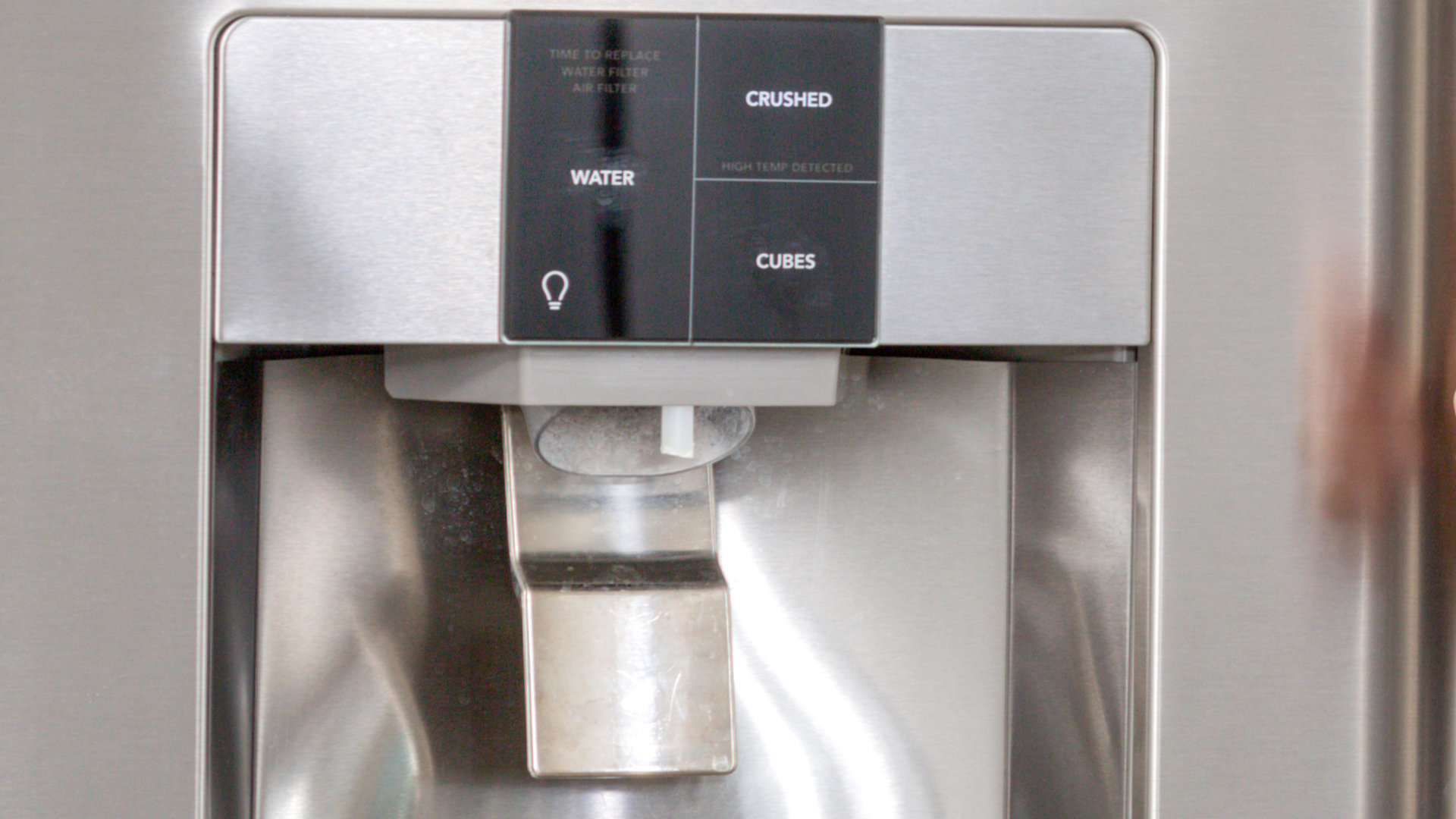
Why Is Your Fridge Water Not Working, but Ice Is?
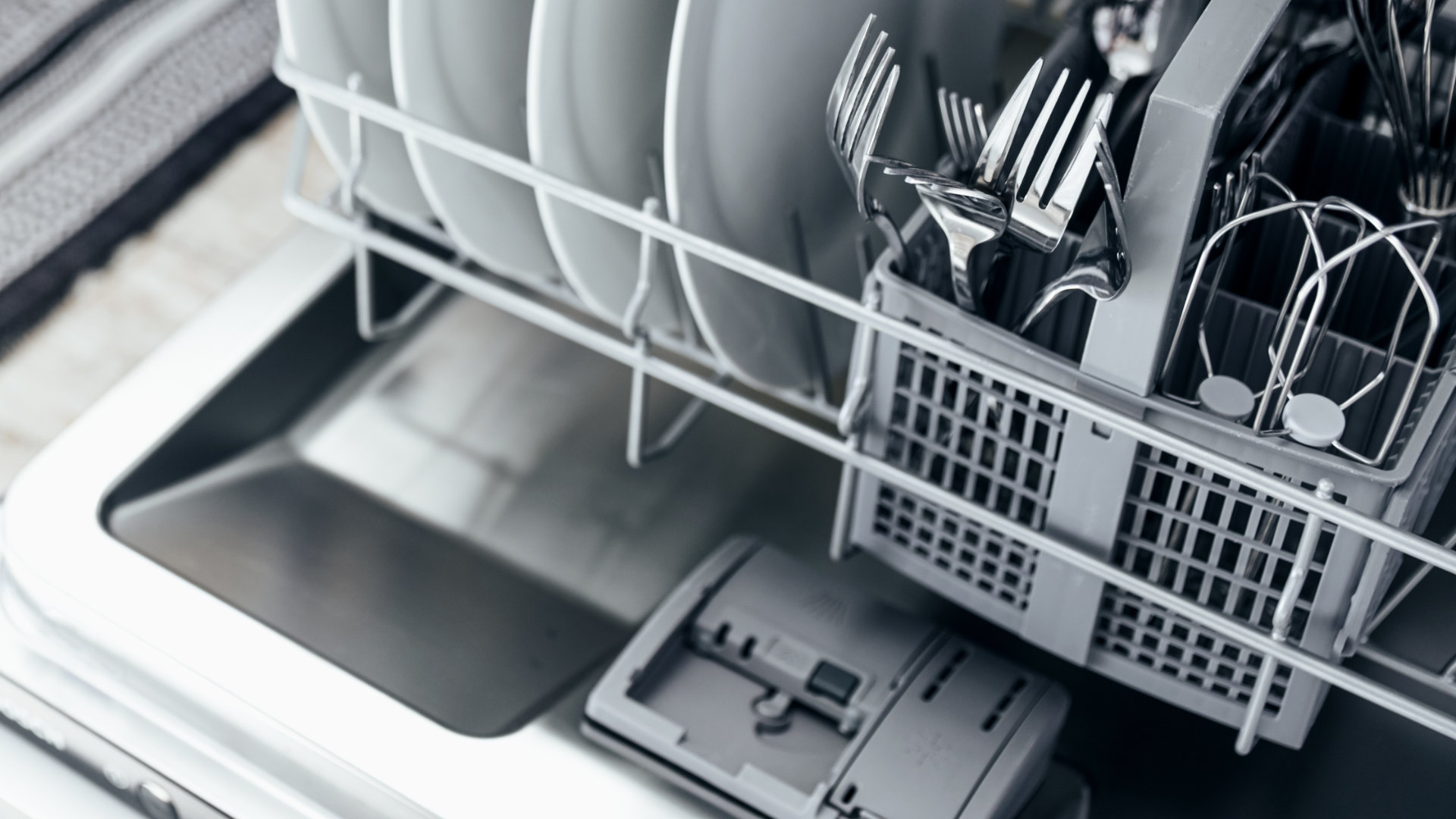
How to Fix the E15 Bosch Dishwasher Error Code
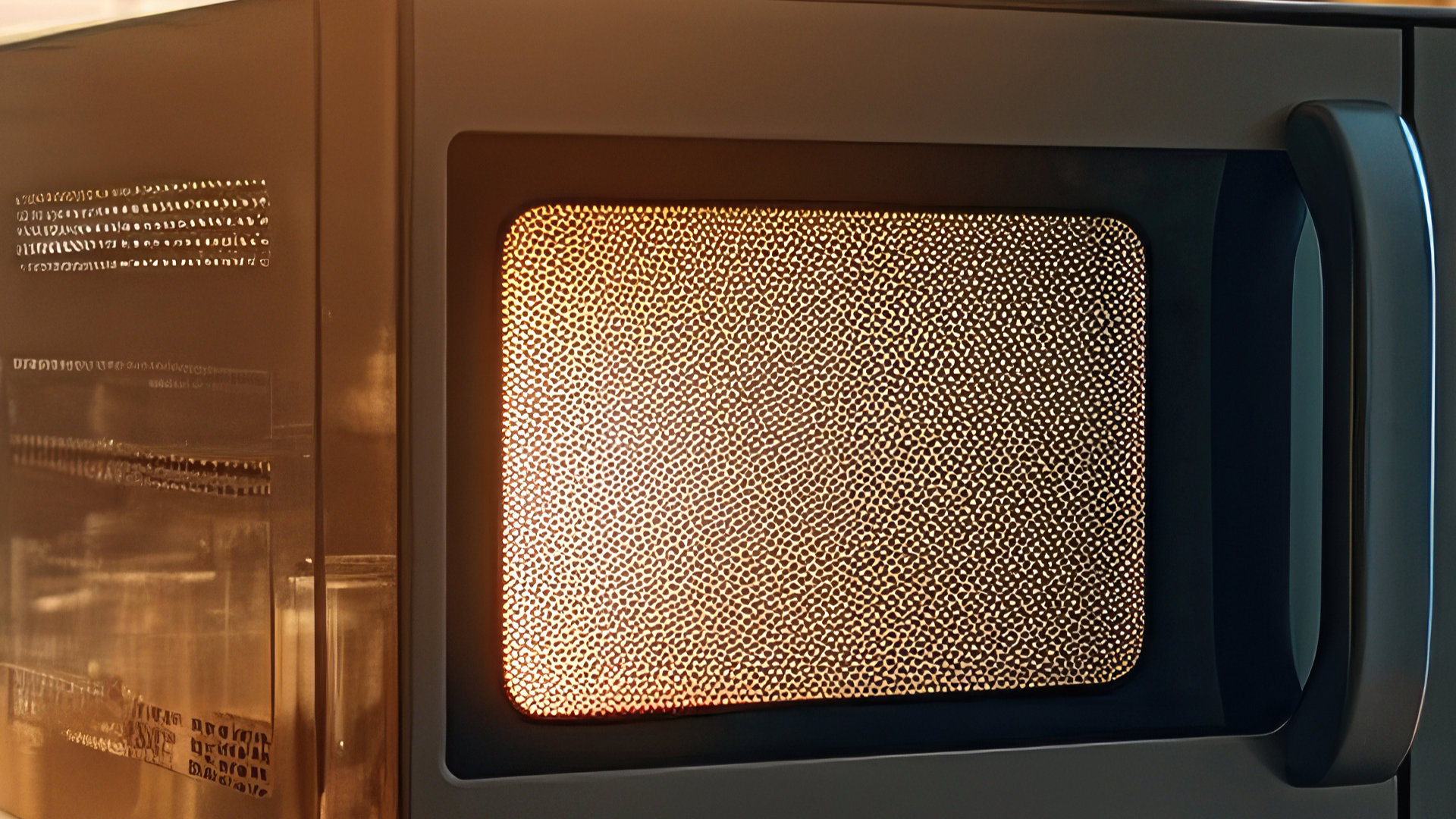
How Much Power Does a Microwave Use?

How to Properly Clean Refrigerator Coils
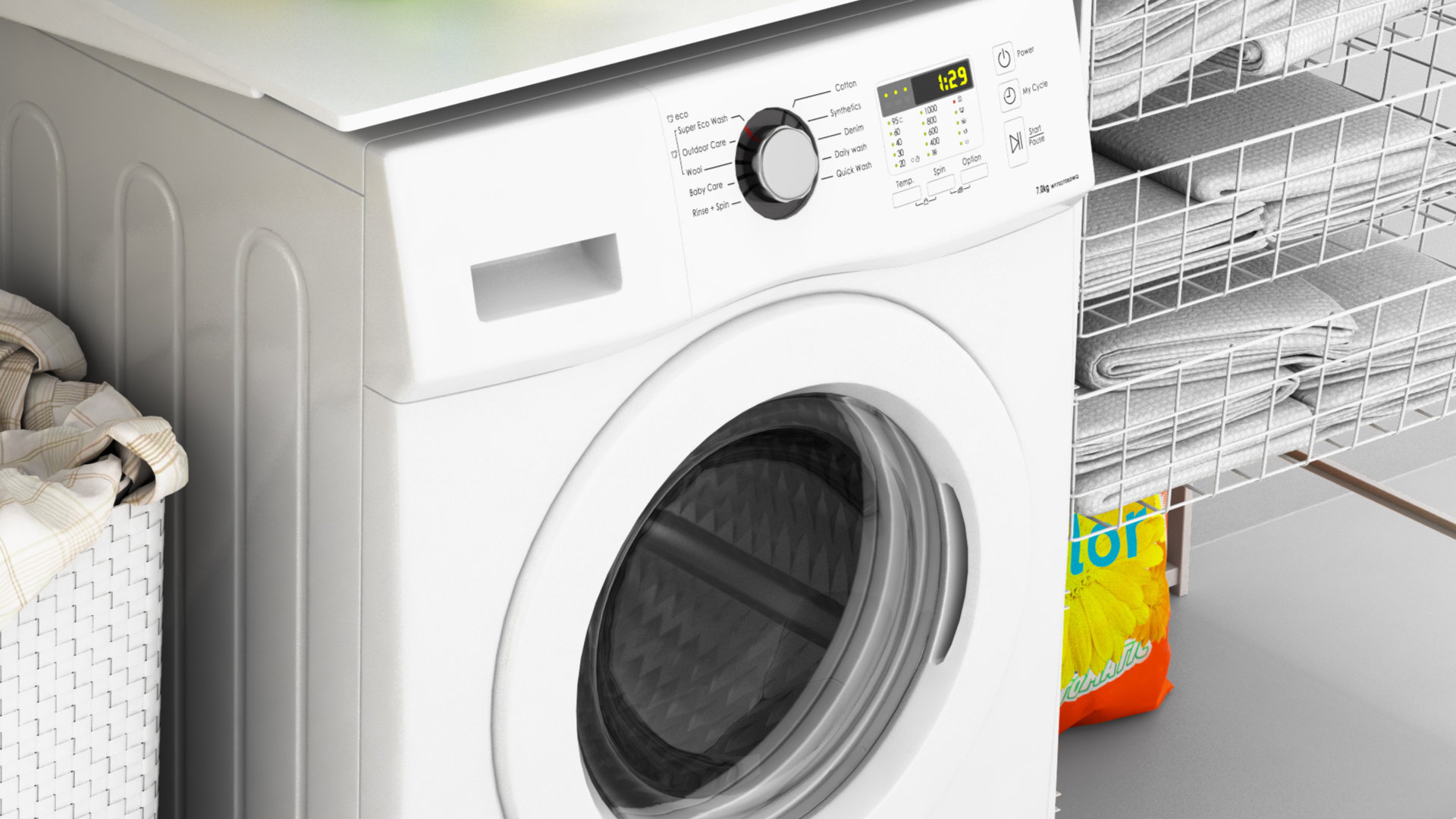
How to Fix an LG Washer Showing OE Error Code
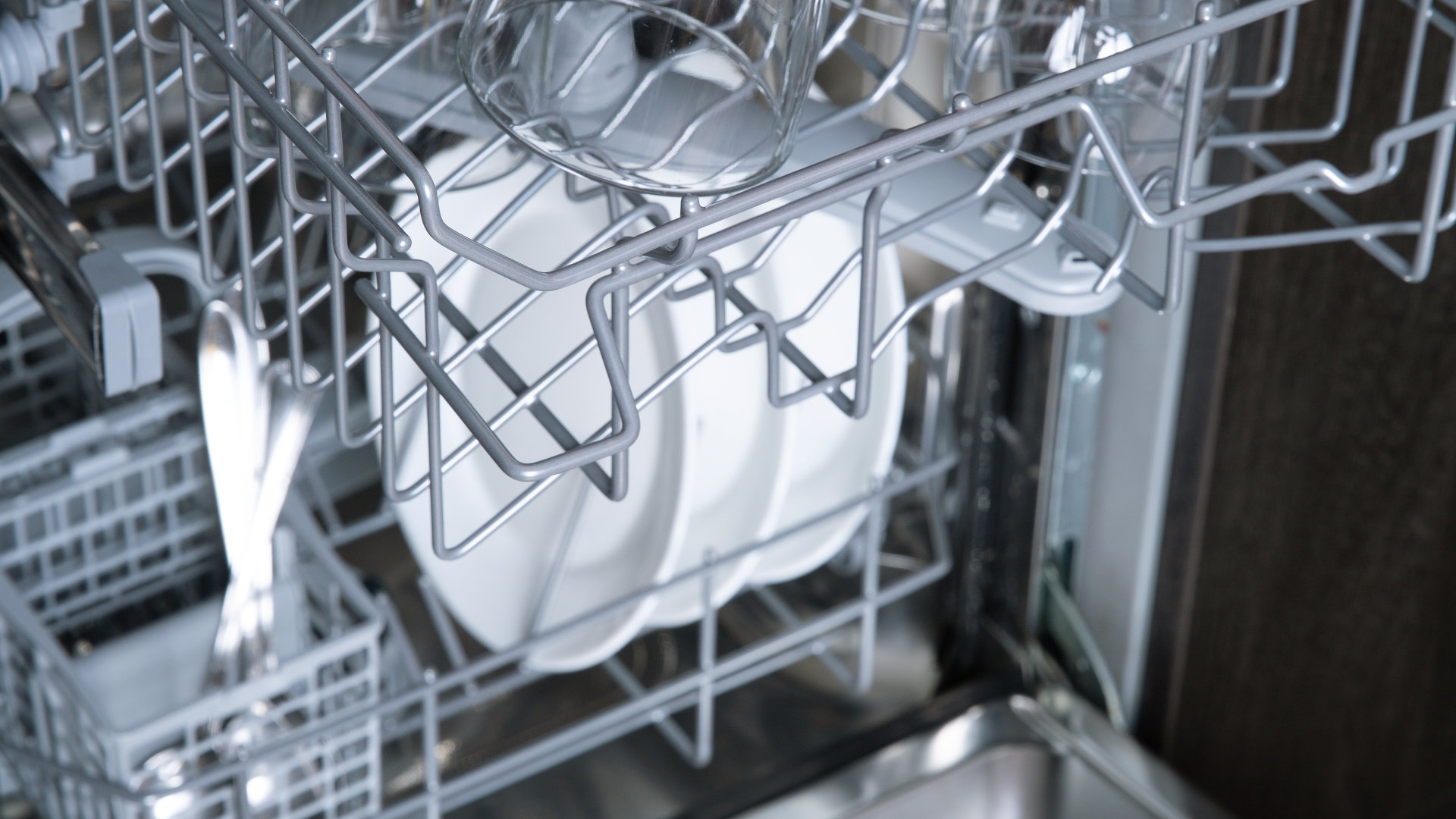
Troubleshooting a GE Dishwasher with No Power and No Lights
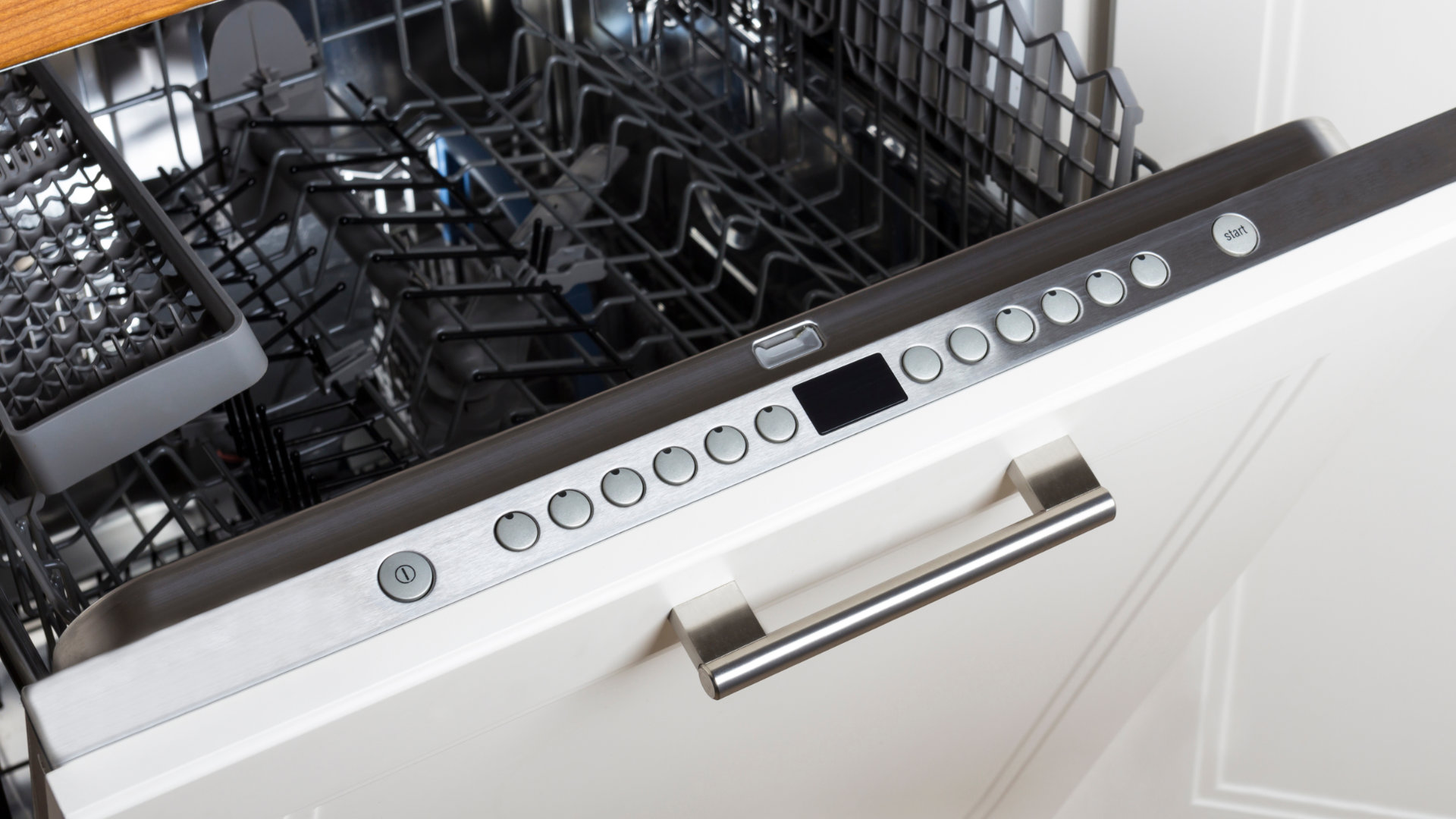
10 Reasons Why Your Bosch Dishwasher Won’t Start
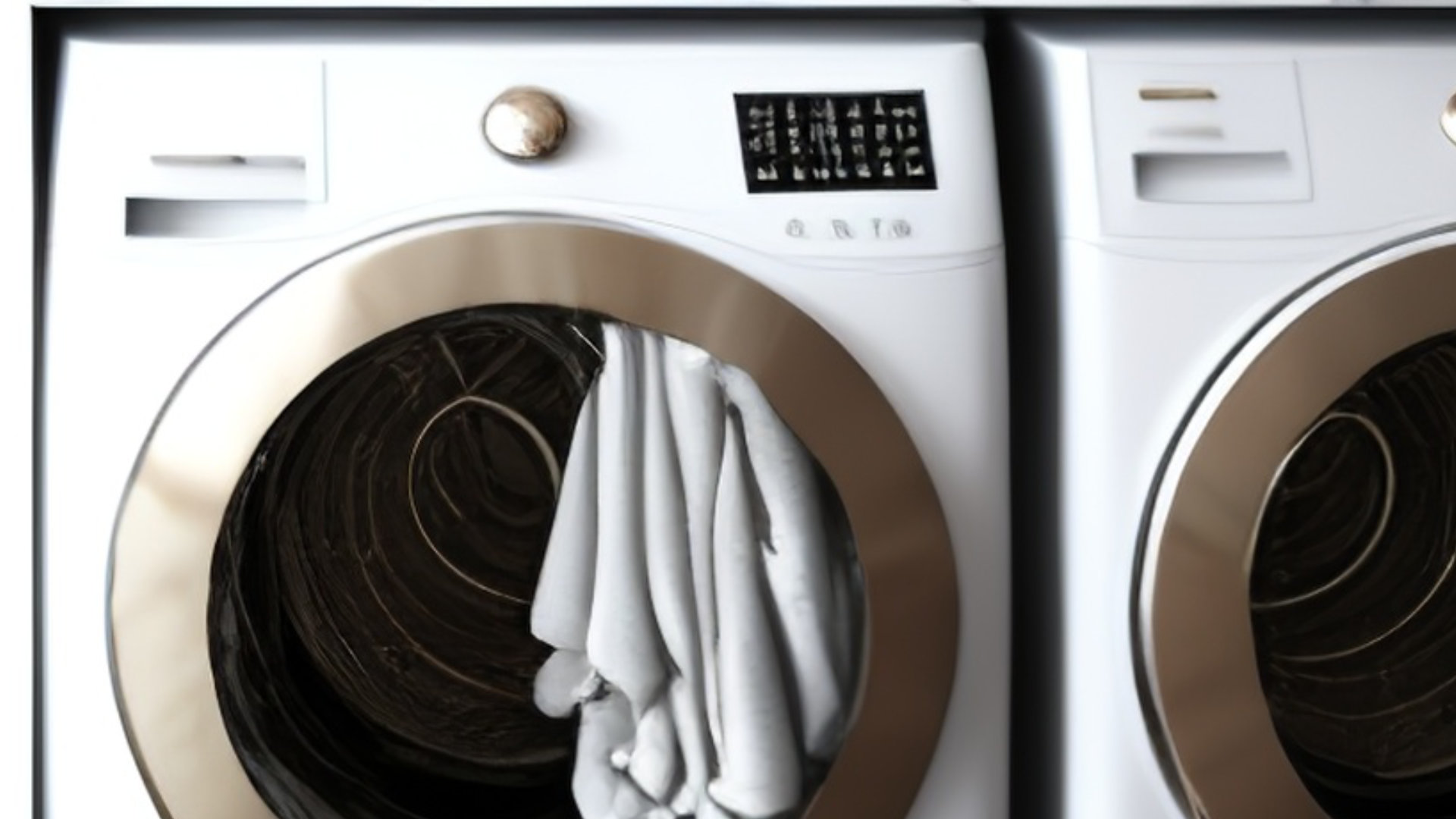
Troubleshooting the F5 Error Code with a Maytag Washer
